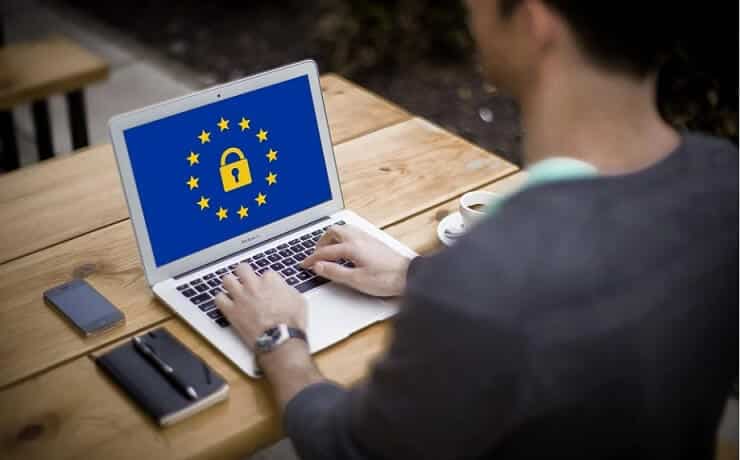There is a drastic increase in hacking, viruses, and spyware attempts over the past few years. Thousands of computers get infected due to viruses and malware every day all over the world. If you are worried about securing your computer, here in this guide we will help you with 10 important tips on how to protect your computer from hackers and viruses.

Hackers try to get access to your valuable information like financial details, bank login, or credit card number by injecting viruses or malware into your computer system. So it is important to safeguard your computer from these threats.
There are several security tools (Antivirus Software, Firewall and other) available in the market. Here we will guide you about important safety tips and tools to prevent computer threats.
10 Tips to Protect your Computer from Hackers and Viruses
1. Keep your OS up to date
Whatever Operating System (OS) you are using on your PC, you should keep it up to date with all security patches. In that way you can keep your entire system safe and secure.
2. Install Antivirus software
Installing popular and trusted antivirus software also can help with securing your PC. Antivirus software is designed in a way where if any virus, malware, or trojans are trying to enter your system it immediately blocks it and alerts you about the event.
3. Keep your software updated
Every PC has multiple software applications installed on it. It is always a smart practice to set those applications in automatic update mode. In that way you will need to face any bugs with those applications.
4. Backup your computer data
Keeping a secure backup is essential for all types of computer users. If any virus or hacker gets access to your data they might delete your data or can demand money to recover the data. So, if you have the backup of your data then it becomes easy for you to recover from the attack.
5. Use strong password
Using a strong password is always a good practice. Whether it is for system login, applications access, or document access, protecting your data with strong password (mixing with numbers, letters, capital, small, special characters) can save you from big losses.
6. Use firewall
Firewall is another level of protection which blocks any unauthorized or unwanted access to your data. It also helps to filter content as per your need. If any virus or threat tries to enter your system from another network through LAN, Internet, and WiFi the Firewall will help to block the access to your computer system.
7. Don’t click on suspicious links
Everyday we receive hundreds of mails, chat requests from friends, employers, and unknown persons. Those emails or chats can contain links which may redirect you to fill up forms, download applications and perform other actions.To stay protected from email fraud like this you should never try to click those links which may contain viruses or spyware to steal your important information.
8. Keep your eyes on Downloads
We regularly download music, images, videos, documents, and mail attachments. While downloading keep your eyes on it, what is being downloaded, whether the file is executable or not, and if possible delete the downloaded file if you no longer need it.
9. Use a pop-up blocker
Using pop-up blocker helps to not load any suspicious application or spam websites on your system. You can use any popular browser based pop-up blocker for it.
10. Run virus scan
Running virus scans regularly is very much essential to protect your entire system from virus, spyware or other threats. Most of the popular antivirus software offers scan functions to detect whether any unwanted applications or malware are running on your system.
That’s all to secure your computer from unauthorized access.
How to keep information secure on a computer? This question is common for all computer and PC users. Following all these guides carefully can help you to keep information secure on a computer from hackers or any unwanted access.
